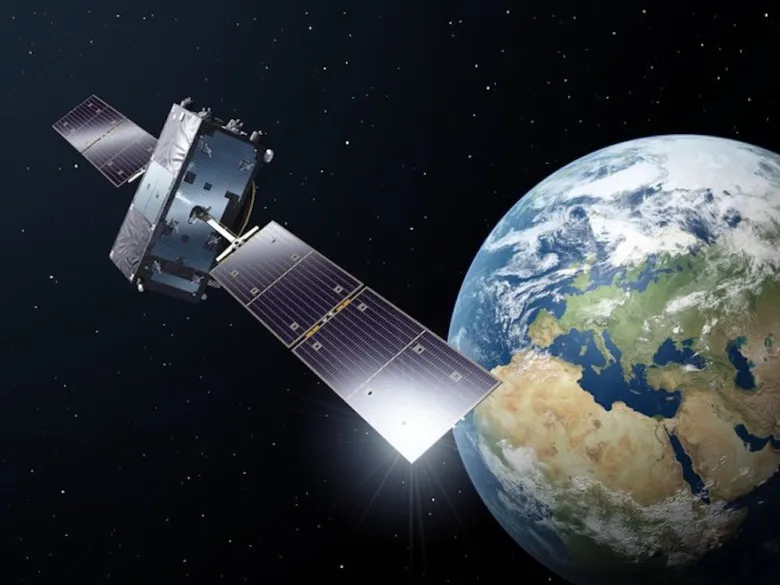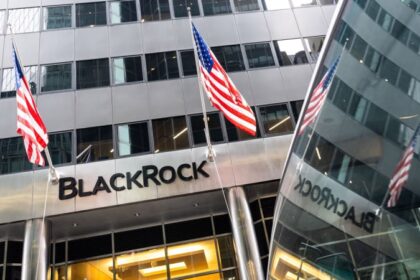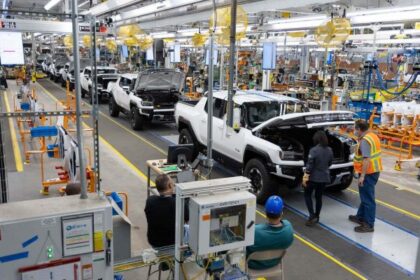At YourDailyAnalysis, we note that Europe’s leading aerospace corporations – Leonardo, Airbus, and Thales – have reached a framework agreement to merge their satellite divisions. According to sources, the deal aims to create a powerful European contender capable of competing with Elon Musk’s SpaceX and its highly successful Starlink service.
Sources say Leonardo will hold an extraordinary board meeting on Tuesday to discuss the details of the agreement. The deal still requires board and regulatory approval but already marks a significant step toward consolidating Europe’s satellite industry.
Our analysts at YourDailyAnalysis highlight that talks between the three companies have been ongoing for more than a year under the code name “Project Bromo.” The process had previously stalled due to disagreements over valuation, governance, and politically sensitive technology sharing between France and Italy.
According to La Tribune, disputes over how to allocate contracts and technology between countries were among the key challenges. However, the rapid growth of Starlink and the market’s shift toward cheaper low-orbit satellites have forced Europe to accelerate efforts to avoid losing ground in the global market.
At YourDailyAnalysis, we note that the new combined entity could be valued at around €10 billion ($11.6 billion) and would resemble the MBDA missile joint venture – a model of pan-European industrial cooperation.
The merger will unite the loss-making satellite operations of Airbus with Thales Alenia Space and Telespazio, two joint ventures controlled by Thales and Leonardo. According to consultancy Novaspace, more than 43,000 satellites are expected to launch over the next decade, representing a $665 billion market in manufacturing and launch services.
We at Your Daily Analysis believe that this framework agreement marks a strategic turning point for Europe’s aerospace sector – signaling a move from fragmentation toward the creation of a unified, competitive player on the global stage.
Previously, we reported on ABB’s resilience – demand and profits rise despite tariff uncertainty.















